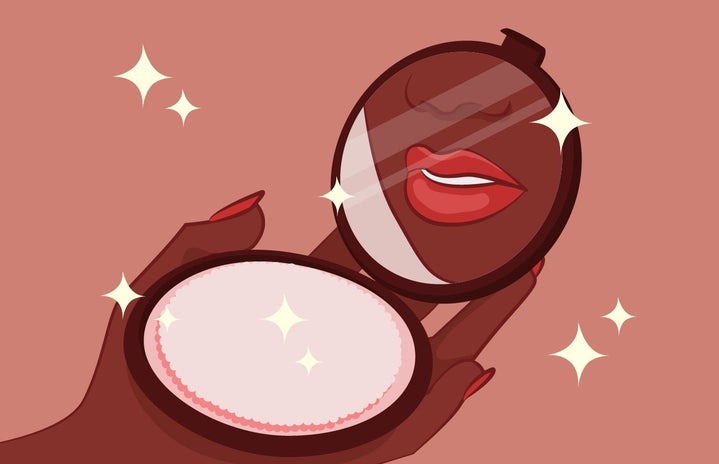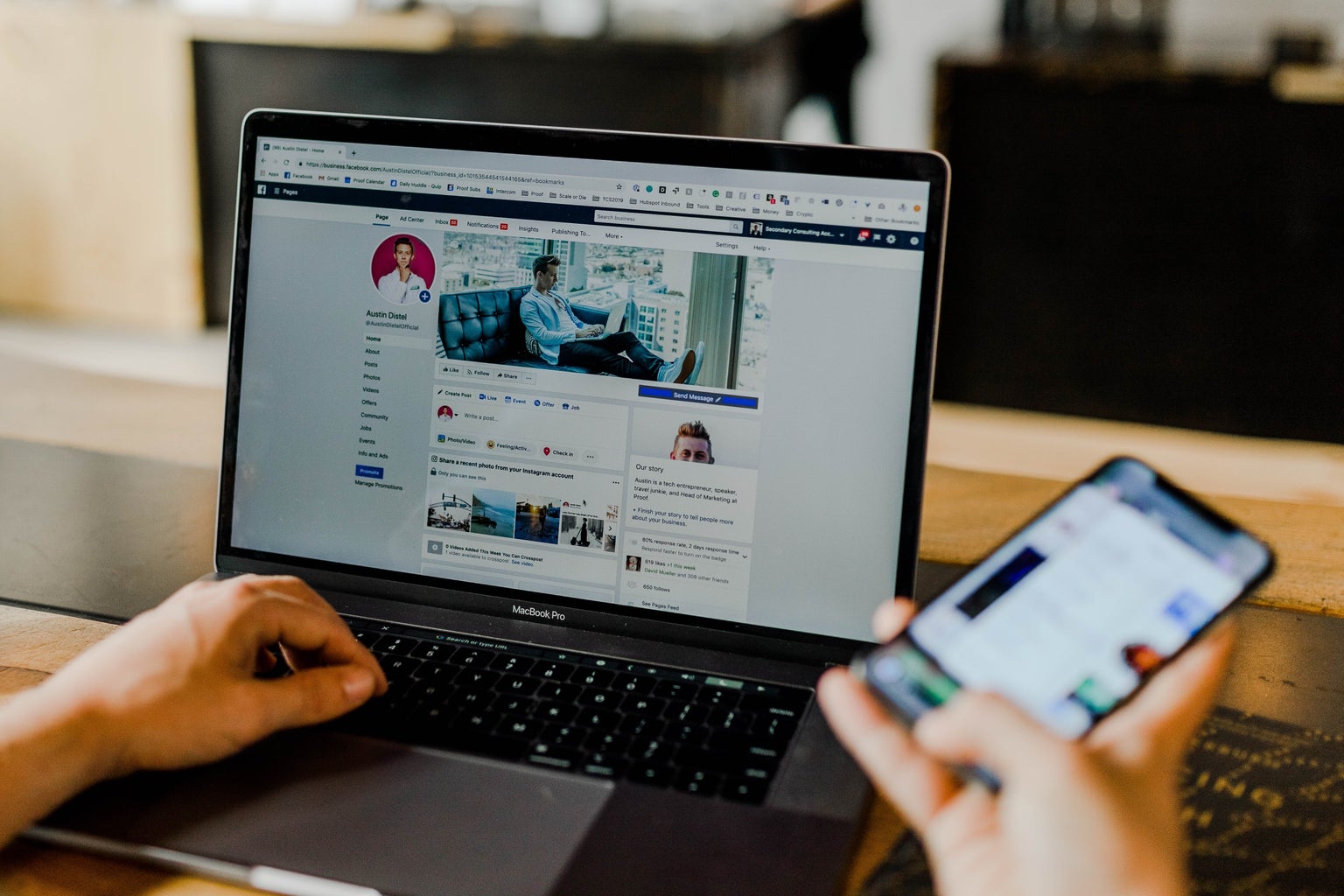With over 4.26 billion people using social media worldwide, viewing other people and their appearance has essentially become a part of daily life. Social media platforms oftentimes elevate a certain body type or cause viewers to compare themselves to celebrities and influencers who “promote” that body type.
Social media tends to portray images that are filtered and edited. A majority of users gravitate toward showcasing the best parts of themselves and their life. Posting “attractive” images of yourself is not unlawful, but awareness of how this isn’t the way users look off the screen is pivotal for positive body image. Without this awareness, these images promote an unrealistic appearance ideal that cannot be achieved by most users.
The National Eating Disorders Collaboration defines body image as a combination of the thoughts and feelings that you have about your own body. NEDA describes four different aspects of body image: perceptual body image, affective body image, cognitive body image and behavioral body image.
- Perceptual body image is the way you see your body, or how you perceive it. The way you perceive your body is not always a representation of how you actually look. A misconstrued perception of your body is labeled as body dysmorphia.
- Affective body image is how you feel about your body. Feelings may range from happiness or disgust but are often summarized as the amount of satisfaction or dissatisfaction you feel about your shape, weight and individual body parts.
- Cognitive body image is how you think about your body. Cognitive body image can be attributed to obsession with body shape and weight.
- Behavioral body image is the behavior you engage in as a result of your body image. For example, if a person is dissatisfied with the way they look, they may isolate themselves or employ unhealthy behaviors as a means to change their appearance.
Effects of social media On body image
Positive body image is recognized as a true perception of your shape, whereas, body positivity is defined as feeling comfortable and confident in your body, accepting your natural body shape and size, and recognizing that physical appearance says very little about one’s character and value as a person. Body positivity and body image are interconnected. One is the driving force behind the other.
There are both positive and negative effects of social media on overall body satisfaction. While the negative effects of social media have been well documented, newer trends and communities have been promoting body positivity which leads to positive body image.
Research has exposed that social media can negatively affect your body image, mental health and perception of reality, but there are ways to mitigate these negative effects. Although subjective, here are some personal tips to improve your feed:
- Unfollow accounts that do not make you feel good. This one seems pretty obvious, but it takes awareness to know the root of what is making you feel bad about yourself. When you find the source, try replacing accounts that make you feel bad with content that makes you feel good.
- Take a social media break. Don’t be afraid to stop scrolling. Whether you take a break for five minutes or five months, leaving a toxic environment can do wonders for your mental health. I promise you won’t miss anything important!
- Find and follow communities that promote positive body image and body positivity.
- Create a body-positive environment on your own social media pages. Celebrate who you are!
Maintaining a positive body image can be challenging when consuming large amounts of content from others. This doesn’t allude to social media being wholly detrimental, it just means you should reevaluate how you’re using social media. At the end of the day, cultivate an environment that is healthy for you!



